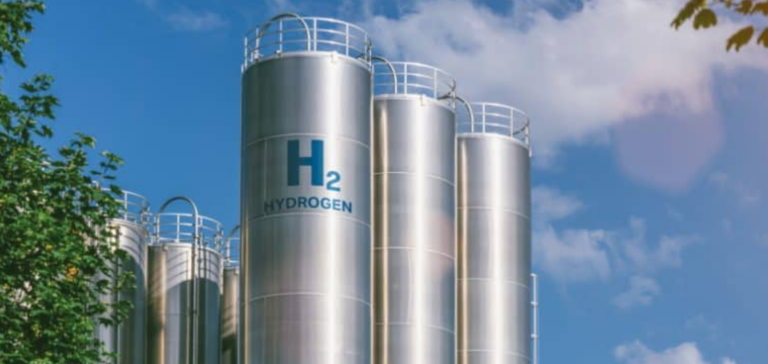The global economy is on the cusp of a green revolution, with hydrogen at the forefront. In this respect, South Africa’s recent initiative, backed by substantial funding of 23.1 million euros, embodies this transition. KfW, on behalf of the German Federal Ministry for Economic Cooperation and Development (BMZ), is providing this financing to the South African Industrial Development Bank (IDC).
Economic and environmental implications of the project
This approach is part of a broader socially responsible energy transition. South Africa, with its vast tracts of available land and abundance of renewable energy sources, is positioning itself as a key player in the globalgreen hydrogen industry. Indeed, this initiative is not limited to hydrogen production; it also encompasses the large-scale use of hydrogen and its by-products. Reference projects, such as hydrogen-powered trucks and buses for long-distance transport, the production of sustainable aviation fuels and the production of green ammonia for export, are planned.
Challenges and Solutions for the Green Hydrogen Industry
Christiane Laibach, Member of the Executive Board of the KfW Group, underlines the significant impact of this support on economic development and job creation in South Africa, while also contributing to a socially acceptable energy transition. However, the major challenge remains the cost of green hydrogen, which is significantly higher than that of conventional hydrogen produced from fossil fuels. The financial support is designed to improve the profitability of these projects, thereby attracting additional private investors and reducing the uncertainties associated with the green hydrogen market.
The Impact of Financing on the Green Hydrogen Market
This funding is in addition to the commitments made under the Just Energy Transition Partnership (JET-P) signed by South Africa with Germany, three other countries and the EU at the United Nations Climate Change Conference in Glasgow. The partnership provides for commitments of up to $8.5 billion over three to five years to help South Africa gradually move away from coal and towards a more environmentally-friendly economy.
At the same time, South Africa’s role in this global energy transition is not limited to the production of green hydrogen. It represents a model for other nations seeking to make the transition to cleaner, more sustainable energy.
This initiative by South Africa, with a major investment of 23.1 million euros, symbolizes a turning point in the global energy transition. By focusing on green hydrogen, this project not only stimulates economic development and job creation, but also paves the way for a cleaner, more sustainable global economy.






















